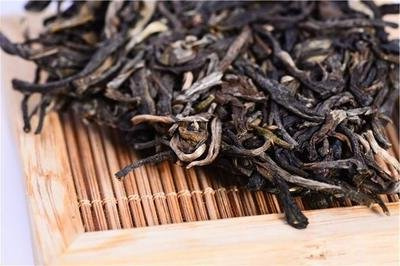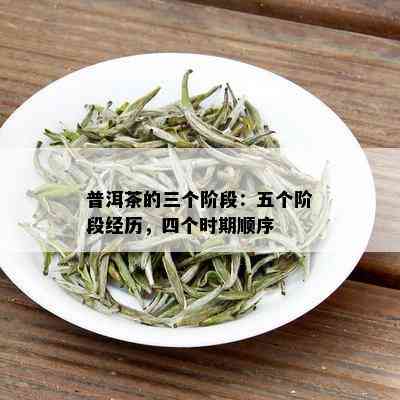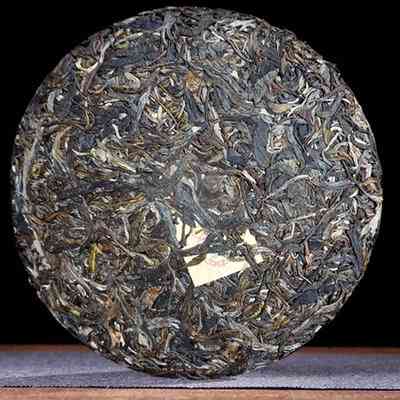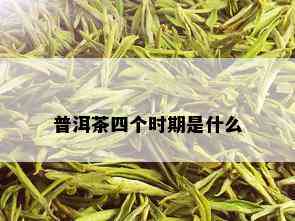Pu'er tea is a type of fermented tea that is popular in China. It is aged for several years, which gives it a unique flavor and aroma. One of the key factors that affect the taste of Pu'er tea is the brewing time. Many tea enthusiasts believe that longer brewing time enhances the flavor of Pu'er tea. However, there is still some debate on whether this is true or just a myth.
To understand the impact of brewing time on Pu'er tea, it is important to consider the characteristics of this type of tea. Pu'er tea is made from large leaves of the Camellia sinensis plant and is typically processed in a way that allows it to age and ferment over time. This aging process gives the tea its distinct flavor, which is often described as earthy, woody, or even musty.
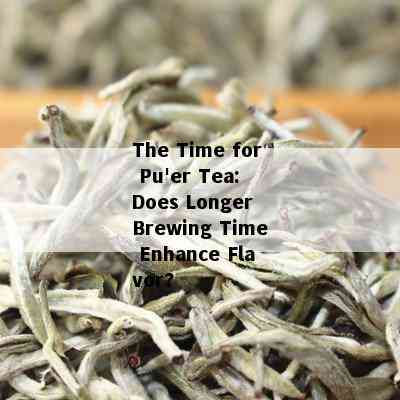
When brewing Pu'er tea, it is common to use a small teapot called a gaiwan or a small clay pot called a Yixing teapot. The leaves are steeped in hot water for a short period of time, usually between 20 seconds to a few minutes. The brewing time can vary depending on personal preference and the quality of the tea leaves.
According to some tea connoisseurs, longer brewing time allows the flavors of Pu'er tea to fully develop. They argue that the extended exposure to hot water helps to extract more complex flavors and aromas from the leaves. These flavors are said to be richer and more robust, with a deep and lingering aftertaste. Additionally, some believe that longer brewing time can mellow out any harsh or bitter notes in the tea, resulting in a smoother and more balanced cup.
On the other hand, there are those who believe that shorter brewing time is ideal for Pu'er tea. They argue that excessive brewing time can result in an over-extraction of flavors, leading to a bitter or astringent taste. They believe that Pu'er tea should be brewed quickly to capture its delicate and nuanced flavors without overwhelming the palate.
Ultimately, the ideal brewing time for Pu'er tea depends on personal preference. Some individuals may prefer a shorter brewing time to highlight the tea's more delicate characteristics, while others may prefer a longer brewing time to bring out its bold and robust flavors. Experimentation is encouraged to find the balance that suits individual taste preferences.
In conclusion, the debate on whether longer brewing time enhances the flavor of Pu'er tea is subjective. It is up to the tea drinker to determine the ideal brewing time that brings out the desired flavors and aromas. Whether it is a shorter brewing time or a longer brewing time, the most important factor is to enjoy the tea in a way that pleases the senses.

